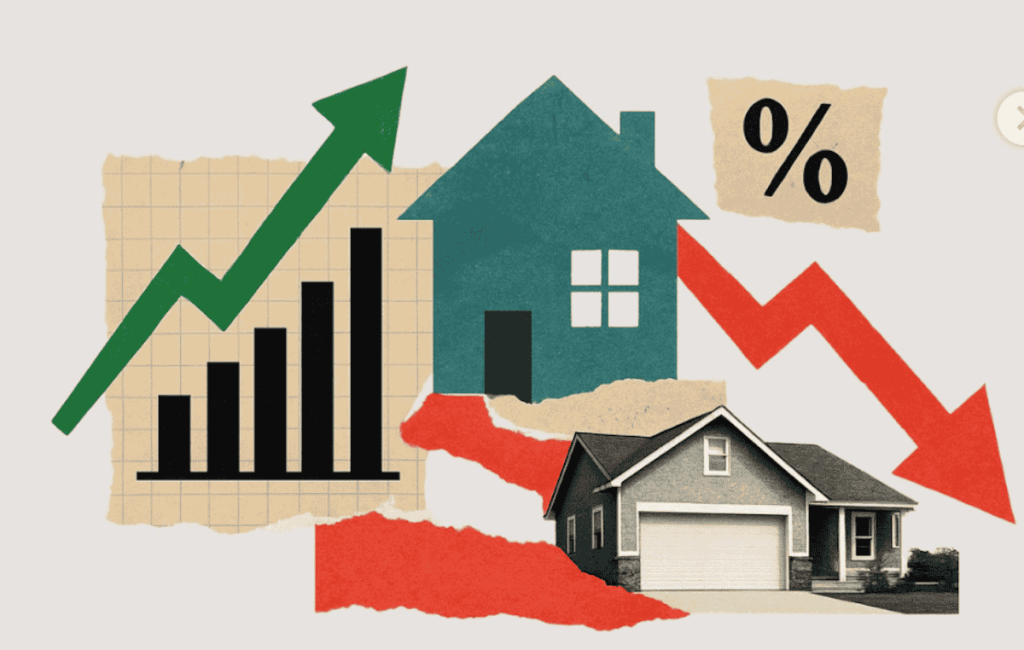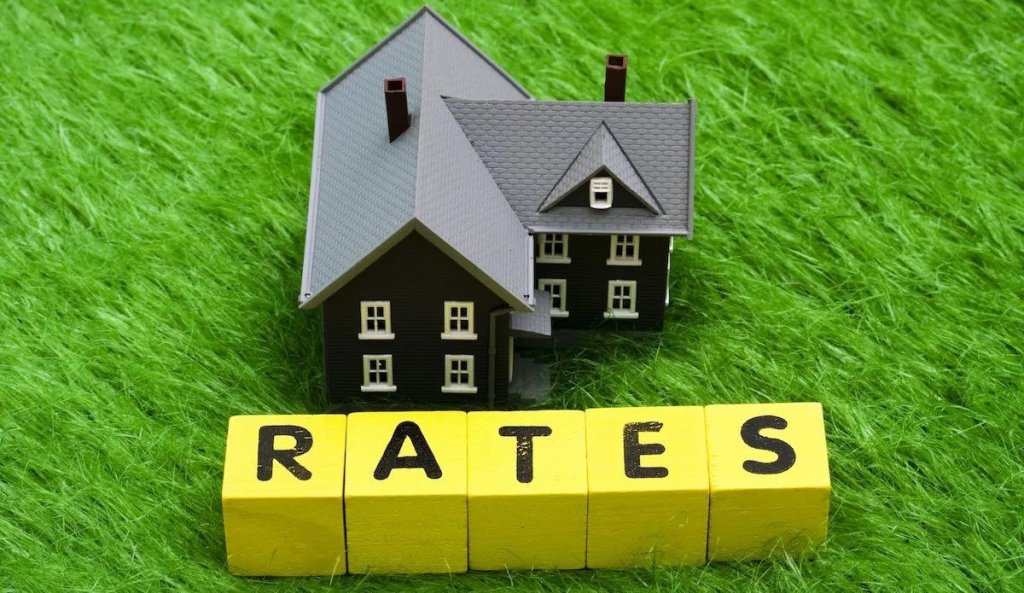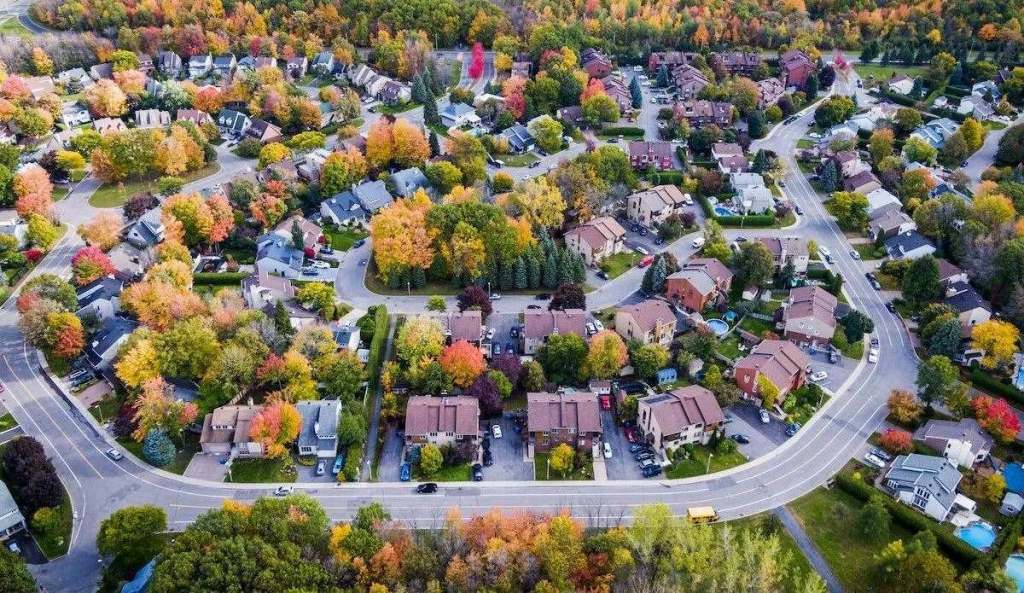Housing Market
Want to see data for your local market?
Sparklines represent 90-day trends | source
Top Stories
Housing Market Tracker
Housing inventory falls as weekly demand grows 15.5% year over year
The growth rate of housing inventory has slowed by half, but remains up year over year for a healthier market.
Mortgage spreads hit lowest level in years, keeping rates near 6%
Improved mortgage spreads have been key to lowering rates near 6% in 2025, enhancing the housing market's stability.
Mortgage rates hit 2025 low point again, spurring fall housing activity
Mortgage rates hit the 2025 low of 6.13% again on Tuesday, continuing trend of near-6% rates that's been spurring housing activity.
Weekly home sales look stronger than normal, but there’s a catch
Recent housing data shows volatility due to holiday effects and an AWS outage, impacting pending sales and inventory figures.
Housing demand now reflects a positive trend
The housing market has stabilized as mortgage rates have stayed below 6.64%, impacting housing demand and inventory.
Mortgage rates aren’t budging during the shutdown. How long will it last?
Roughly two weeks after the federal government shutdown, mortgage rates have yet to be impacted, but that’s not expected to last indefinitely.
Did housing inventory peak in August this year?
Housing inventory may have peaked early this year, marking an unusual shift in market trends that affects both buyers and sellers.
Why has housing inventory growth slowed?
Housing inventory growth has slowed in 2025 due to early peak listings, changing mortgage rates, and seller withdrawals.
Mortgage spreads are the hero of the 2025 housing market
Mortgage spreads are the hero of housing in 2025, quietly helping housing demand pick up even when nobody else notices.
Have lower mortgage rates already changed the housing market?
This weekend's tracker focuses on how lower mortgage rates have changed the supply and demand data lines since mid-June.
How to think about home prices for the rest of 2025
Available inventory of homes on the market is back to the pre-pandemic range, with 826,000 single-family homes unsold on the market as of mid-June. Read more here.
Mike Simonsen, Altos Research














